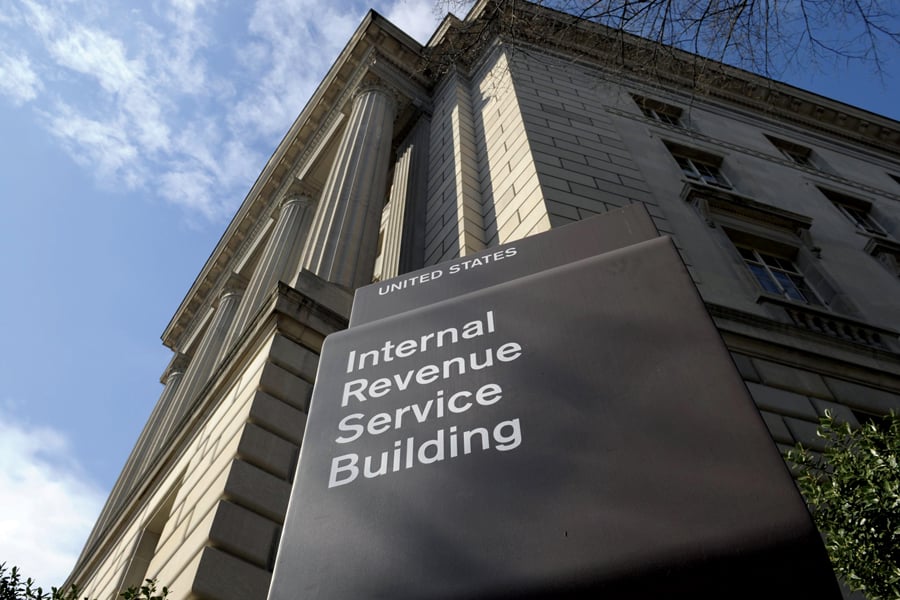The Treasury Department Tuesday issued a proposed regulation to water down the "one bad apple" rule that critics claim has prevented broader uptake of certain retirement plans by employers.
The one bad apple rule applies to a type of defined-contribution plan called a multiple employer plan, which allows employers to band together under a common retirement plan, with the goal of reducing costs and administrative hassle and easing fiduciary responsibility.
Under current rules, if one of the employers in a MEP makes a mistake — for example, if it provides inaccurate data to a plan administrator, causing the MEP to fail nondiscrimination testing — the entire plan is disqualified. That one bad apple causes the plan and its participants to lose the tax benefits inherent to retirement plans like 401(k)s, such as the deductibility of plan contributions.
The Internal Revenue Service's
proposal would "significantly curtail" this rule, said David Levine, a principal at Groom Law Group.
There are about 4,630 defined-contribution MEPs with roughly 4.4 million participants, according to the IRS. These plans hold $181 billion in assets, or 2.4% of the total $7.5 trillion held in all DC plans.
The proposed rule would offer MEPs an exception to the one bad apple rule if certain criteria were met. For example, the employer responsible for the mistake would have to be unable or unwilling to correct it. The proposed rule also requires certain actions, such as a spin-off of plan assets and participant account balances attributable to the one bad apple employer to a separate plan and a termination of that plan.
"It allows people running these plans to have a solution without blowing up the entire MEP," Mr. Levine said. "It's a really positive thing."
The proposed rule, which has a 90-day comment period, comes amid a national push to increase the number of Americans who have access to a workplace retirement plan.
Last August, President Donald J. Trump
issued an executive order aimed at closing this coverage gap. The Department of Labor
responded in October with a proposal to broaden the circumstances under which employer groups, associations and professional employer organization can sponsor MEPs.
Legislation in Congress, the SECURE Act, would create
"open" MEPs, which would further expand the types of employers that could share a common retirement plan. The legislation has
stalled in the Senate after
overwhelmingly passing in the House on May 23.
A handful of states — California, Connecticut, Illinois, Maryland, New Jersey and Oregon — have
passed bills requiring employers to offer a workplace plan, either a private-sector option like a 401(k) or a government-sponsored auto-IRA.







